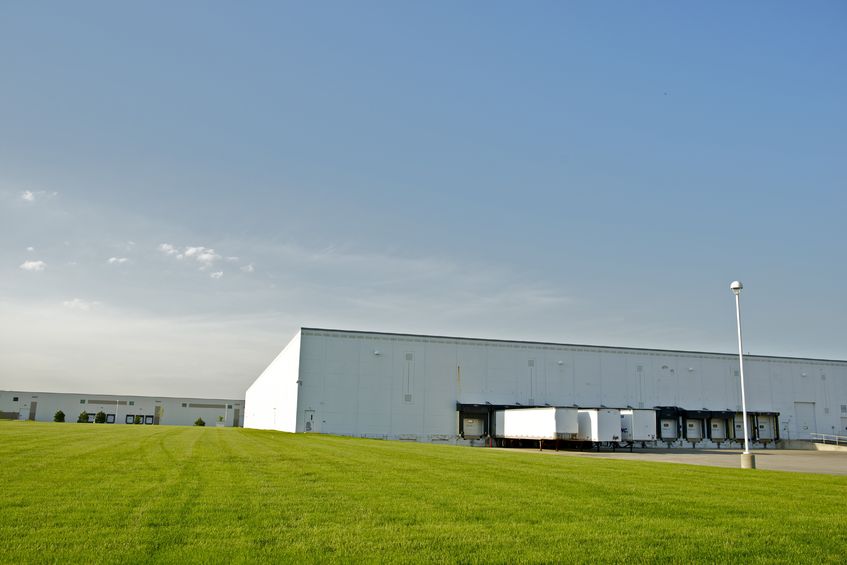I. Dominican Free Trade Zones Law Overview
The system for the promotion of Dominican free zones establishes at least three categories of export free zones which offer opportunities for investors and exporters at the different levels of industrial processing, taking into account their location, number, qualification of job posts and the origin of the raw materials and of the products to be processed or finished.
Law 8-90 of Promotion of Dominican Free Zones defines the free zone as a geographic area subject to special customs and tax controls, where the installation of enterprises that destine their production or services to the international market is permitted, through the granting of the tax and customs incentives necessary to promote their development.
Said Law considers as exports the sales of goods originating from the free zones to Dominican Territory, as well as the sales of goods originating from enterprises in Dominican Territory to the free zones, among which there are the following:
- Industrial or Services Free Zones: are enterprises authorized by the Dominican Free Zones Council (CNZFE) of the Dominican Republic that are established in a free zone park to dedicate themselves to the manufacture of goods and rendering of services and that destine most of their production and/or services to the international markets.
- Special Free Zones: are enterprises authorized by the CNZFE whose activities cannot be conducted in a specific free zones park, due to the nature of their manufacturing process that requires the use of immovable assets, be located close to the natural sources or because the nature of the industrial process and the geographic, economic or local infrastructure so requires.
- Border Free Zones: are industrial, agro business, and agricultural, metal mechanic and energy, among others authorized by the Council for the Coordination of the Border Development Special Zone which operate within the Dominican Republic provinces of Pedernales, Independencia, Elías Piña, Dajabón, Montecristi, Santiago Rodríguez and Bahoruco.
Depending on the type of free zone and the export business several customs and tax incentives may apply, including the exemption from the payment of the corporate income tax, assets tax, tax on the transfer of industrialized goods and services (VAT), tax on construction, tax on loan agreements, on the register and transfer of real estate property, tax on the incorporation and increase of capital of commercial entities, municipal taxes, import taxes, customs duties, exemption to the payment for transit and use of ports and airports, among others.
II. Promotion of Dominican Exports
To promote Dominican exports, Law No. 84-99 of Promotion of Exports of the Dominican Republic provides for the reimbursement of taxes and customs duties paid by the exporters over raw materials, components, intermediate goods, labels, containers and packing material, if those are incorporated to export goods or returned abroad in the same condition that they entered to the Dominican Republic.
In addition, such legislation establishes a “Regime for the Temporary Admission for Perfecting Goods” that allows the entry of certain merchandises to Dominican Customs Territory, with suspension of duties and import taxes and originating from abroad or from export free zones, to be re-exported in a term no greater than 18 months after their admission to the national customs territory.
Through this regime it is possible to introduce: (a) raw materials, parts and intermediate goods; (b) labels, containers, and packing material; y (c) parts, pieces, moulds, matrices, utensils and other devices that serve as complement to other devices, equipment or machines utilized for such exportation.
III. Conclusion
The adequate planning and structuring of the export of goods and services business requires taking into account all the alternatives offered by Dominican Laws for incentivizing and promoting exports and industrial competitiveness in the general and specialized sectors of the Dominican Economy.
The advisory by legal experts and specialists in the different regimes available in each case, shall permit exporters to be cost efficient and facilitate improving their industrial and logistics processes under the different existing customs and tax incentives schemes.
This publication is provided for informational purposes only and not as legal advice. Any transaction related to any of the described aspects shall require advice and be specifically consulted with the Firm in advance. © Arthur & Castillo. All Rights Reserved. Next

